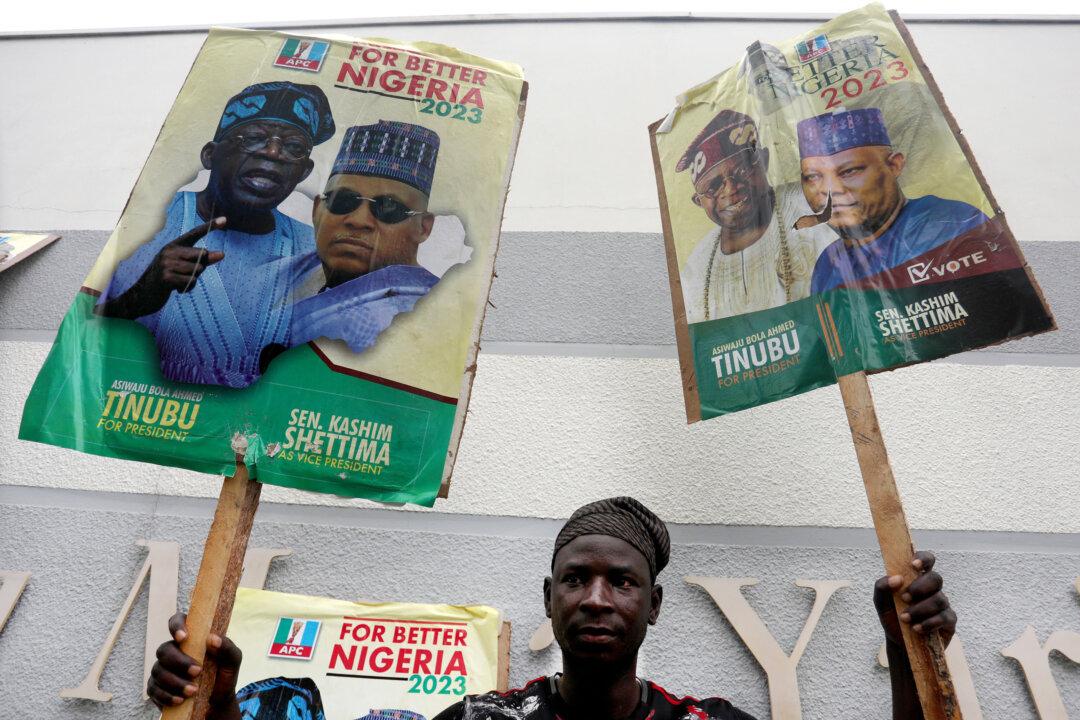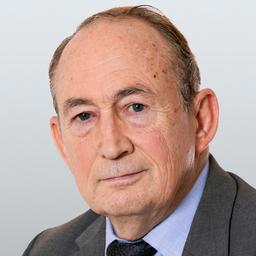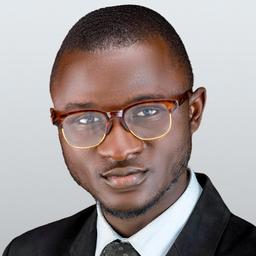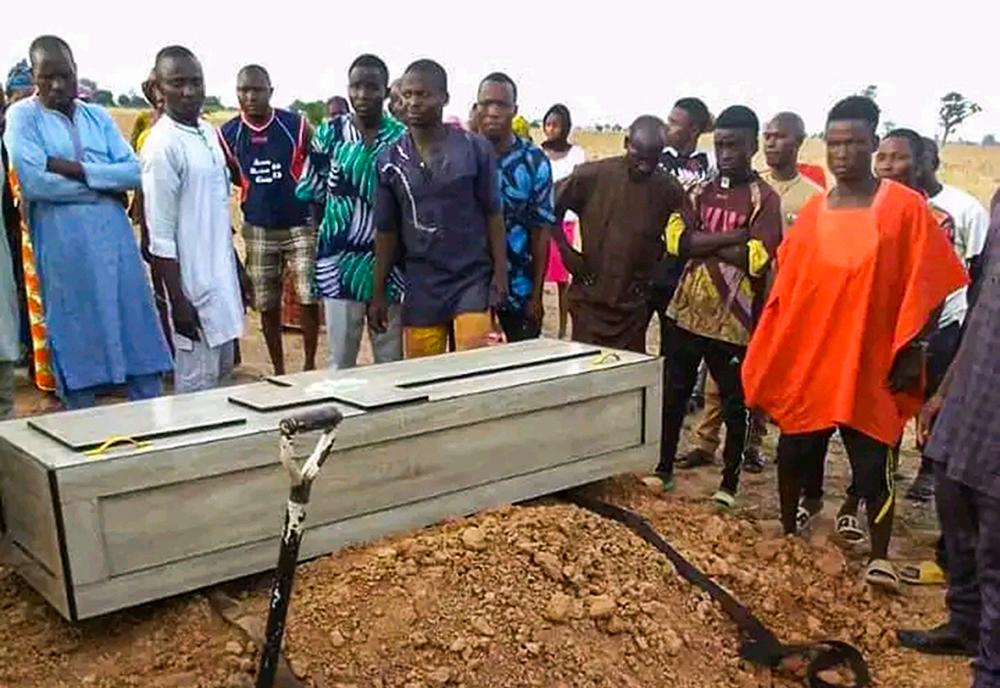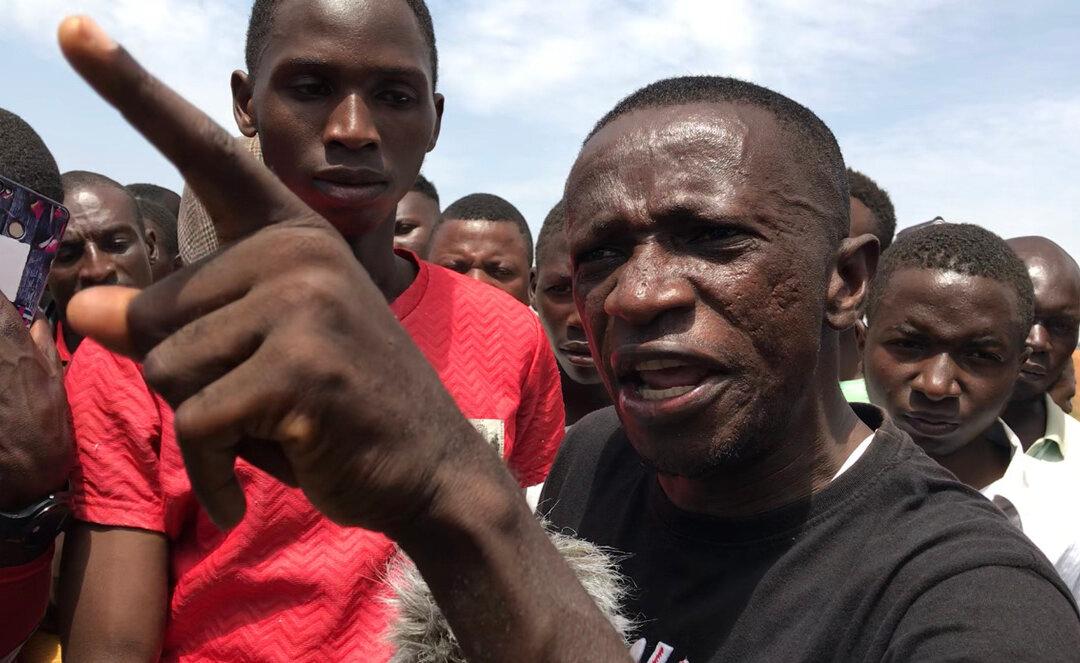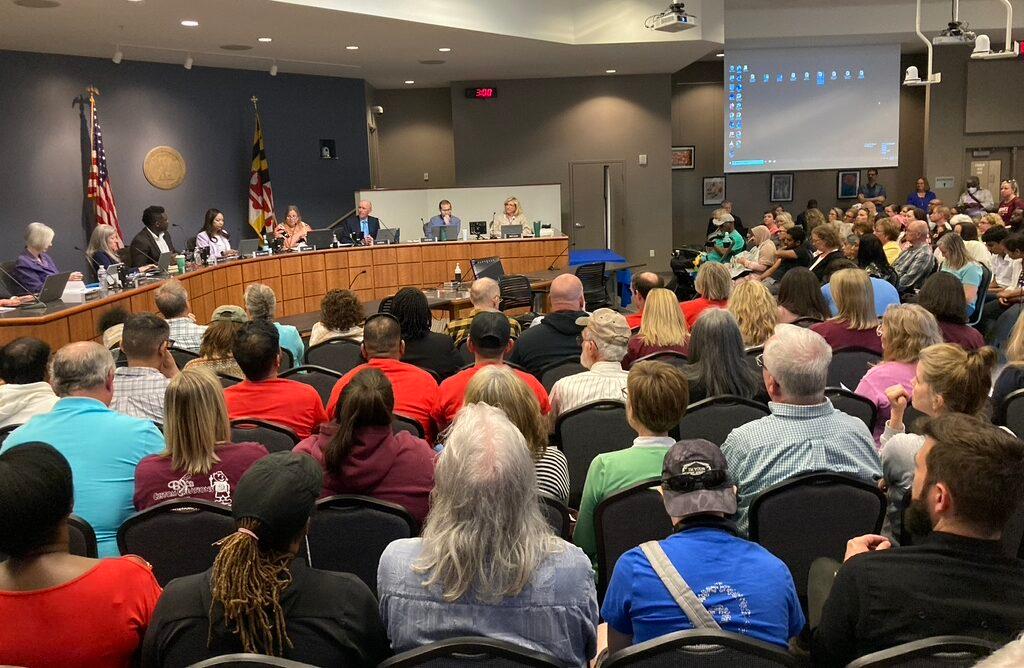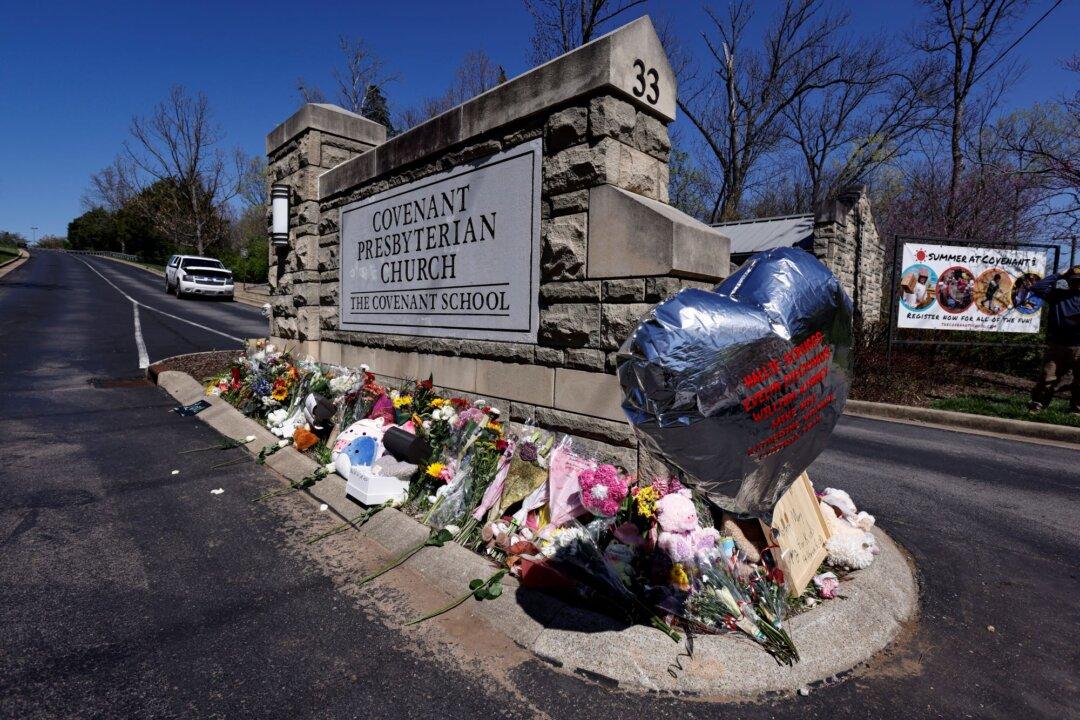Next year’s presidential elections in war-torn Nigeria are a “do-or-die situation” for embattled Christians, according to a spokesman for a church association in the northern part of the country.
“We either confront the evil in this country at the ballot box in February or we perish,” Rev. John Hayab, president of the Christian Association of Nigeria chapter in Kaduna state, told The Epoch Times.
